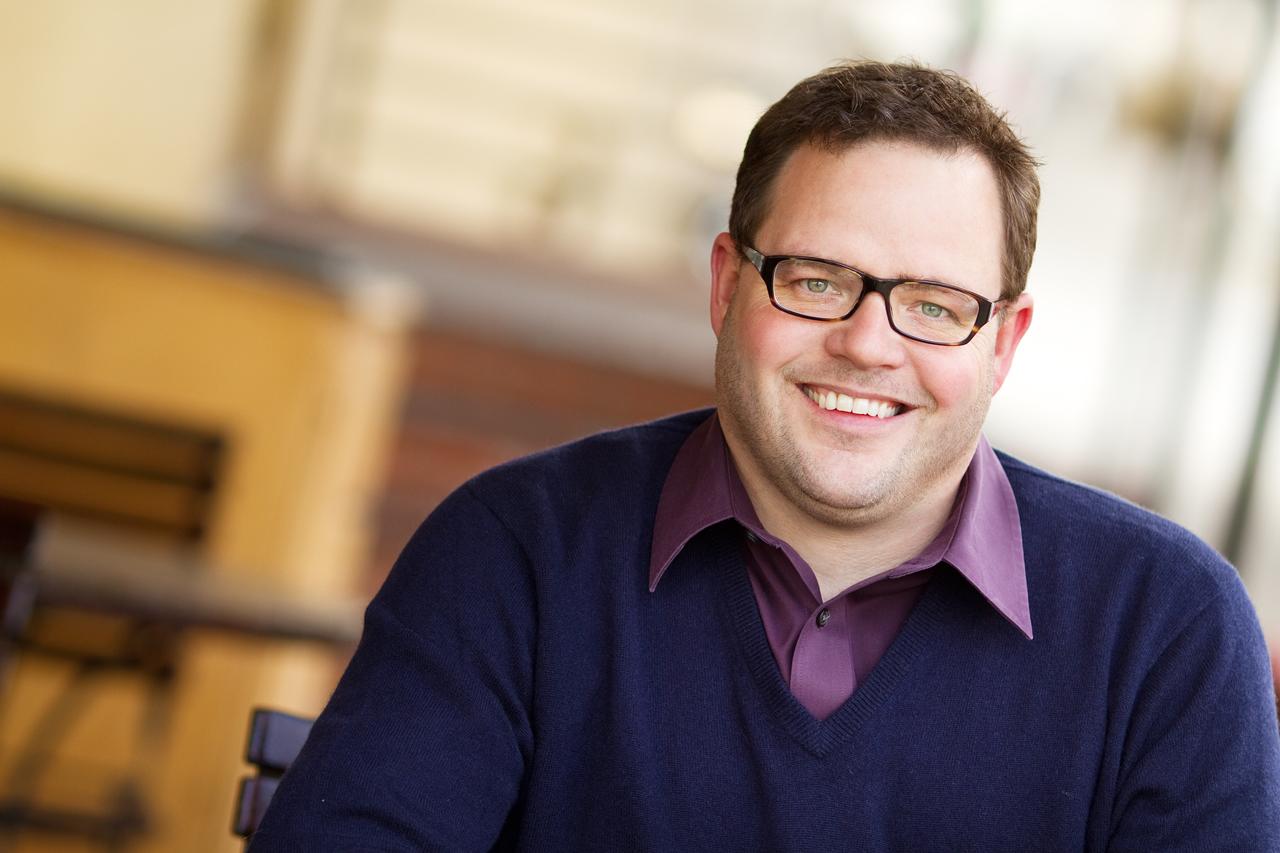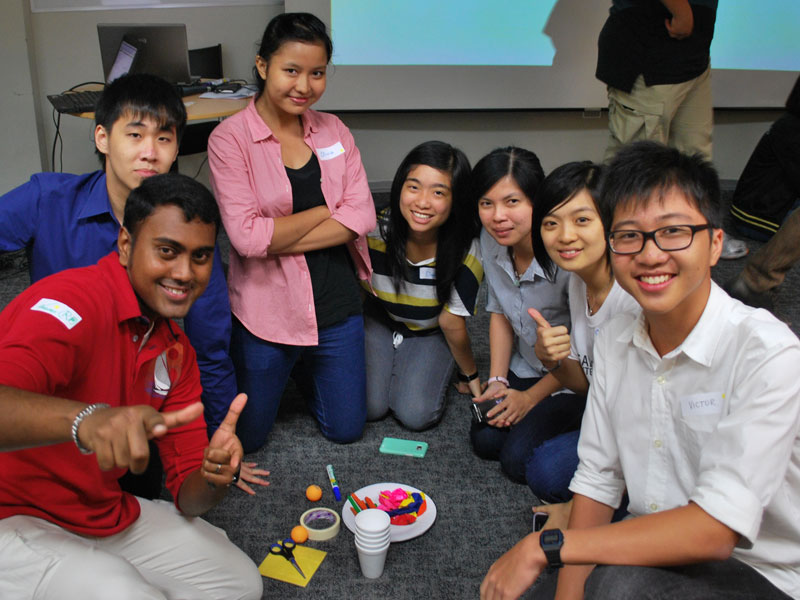
Have you wondered why your colleague is so irritating? Pissed off by a boss who seem to disagree with everything you propose?
Or frustrated by a “stubborn” subordinate who only wants to do things his way?

Have you wondered why your colleague is so irritating? Pissed off by a boss who seem to disagree with everything you propose?
Or frustrated by a “stubborn” subordinate who only wants to do things his way?
OK, the exams are over. We parents can all relax now, right?
Wrong!
If anything, long holidays can be more terrifying for parents. I mean, you can’t possibly let your kid be playing computer games all day long, right? Wouldn’t his or her brain turn to mush?

Jay Baer (courtesy of about.me)
In a cluttered world littered with a gazillion advertising messages, there is only one way to truly stand out from the crowd.
And that, according to renowned social media marketing consultant Jay Baer, is to focus on helping your customers rather than selling to them.
Courtesy of fedobe
What is the difference between Integrated Marketing Communication and Content Marketing? Why is Content Marketing taking the world by storm?
The old paradigm of Integrated Marketing Communication (or IMC) is dying. In a world fragmented by zillions of online, mobile and offline channels, consumers are tuning out advertisements faster than you can produce them. With endless “ad-free” options to choose from, nobody wants to be interrupted by your brand anymore.
What can marketers do in such a landscape?
Consider the following two headlines:
“Optimise Your Basal Metabolism with Product X – The World’s Most Technologically Advanced Nutritional Supplement”

Courtesy of Gadling
Have you heard of the Tenement Museum in New York?
Founded in 1988 by Ms Ruth Abram, the Tenement Museum is a historic house museum located in the Lower East Side of New York City. Occupying a former block of apartments and shops, it depicts the gritty lives of immigrants to New York and the US from the late 1900s to early 20th century.

Courtesy of Geek and Poke
In the age of social, information has become a commodity.
With millions of blogs, websites and forums providing a gazillion bytes of data, almost anything you want to find can be obtained for free. Just fire up Google and start searching with the most relevant keywords. Often, you can find white papers, sample plans, slide presentations, and wikis on any subject matter.

We’ve seen it happen time and time again.
A company starts off with great fanfare, led by a charismatic and visionary leader. She or he brings it to new heights. Growth is healthy and flourishing – year after year.
There is crystal clarity in what the company does. It attracts a loyal tribe of customers and fans.
Are you working in a social media savvy organisation? Which social networks do you use in your daily working lives?
With social media becoming omnipresent in everybody’s lives, it is timely for companies to consider how they can transform themselves into “social organisations”.

Can we attract these youths to tourism and hospitality jobs? (courtesy of Singapore International Foundation)
Hilton, we’ve got a problem.
On one hand, the travel and hospitality industry is desperately in need of workers. Labour-intensive and high-touch, tourism sector jobs in hotels, retail outlets, visitor attractions, F&B, and transport are always available.